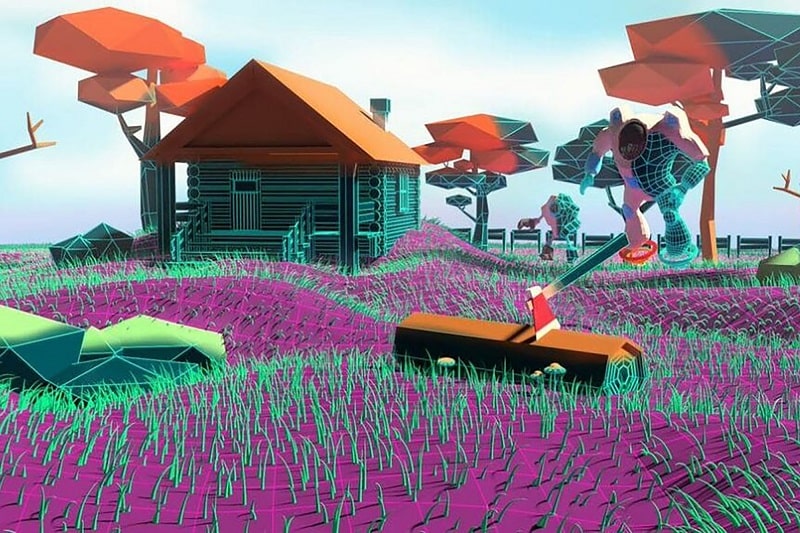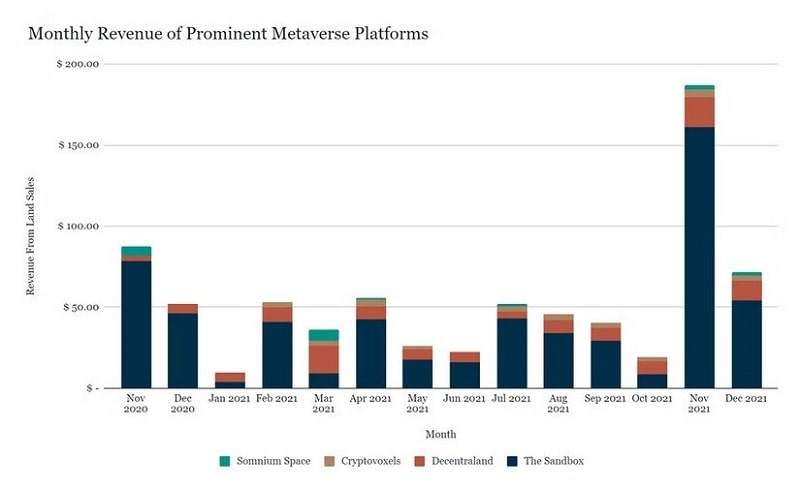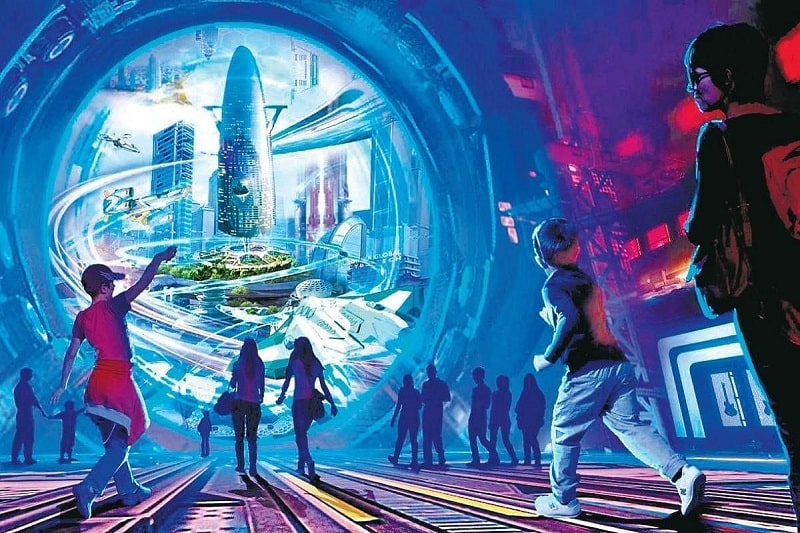Factors affecting the price of land in Metaverse

In this report, we examine the views of Joel John, investor in LedgerPrime Fund, on the factors influencing the pricing of land in Metaverse. John points to five important factors in determining the price of Metaverse lands.
According to Cryptonews, the price of real estate in Metaverse is often determined based on the number of requests for it. The report goes on to explain how an investment fund manager can transform transformational lands into a revenue-generating machine for their owners.
According to John, the problem is:
What does it mean to be a neighbor in Metaverse? Why is it important at all? What happens if Snoop Dogg has multiple pitches in Metaverse? Are the prices of the neighbors of all those lands going up? To be honest, no one knows the answers to these questions.
John goes on to explain that, unlike tokens, Metaverse lands can usually not be broken down into smaller pieces based on the customer’s capital, and that considerable capital is often required to purchase these lands. For example, the average price of a plot of land in the Sandbox is about $10,399 and in Decentraland is about $11,954.
To understand the meaning of these prices, we must first understand what is the meaning of the land in Metaverse? According to John, the concept of the land is nothing but a space in which you can express everything you want digitally.

According to John, the five main factors that can affect the value of a Metaverse piece of land are:
- Number of incoming people (Overall Footfall)
- Memetic proximity
- Geospatial context
- Financialization
- Art
The number of people entering is the first factor that refers to the number of people who encounter that digital piece of land. The same concept exists in the physical world. For example, non-digital commercial real estate will be more expensive in areas where people travel more.
The second factor influencing the price of Metaverse lands is called the memetic proximity. This concept can be equated with the ability to be close to the person or thing in the Metaverse that person or thing attracts a lot of attention.
Geospatial context refers to the fact that people can gain fame and gain more value due to the similarity of their property with the property of a known person or by owning a piece of digital land next to the digital land of a famous person or company.
Due to the increasing interaction between finance and Metaverse, financialization will be the third factor affecting the price of land in Metaverse. Many projects in the financial world use the Metaverse digital lands in their investment strategies. As a result, areas that are part of these companies’ strategies, such as being divisible or leasing, will be more valuable.
Finally, the value of the land in Metaverse is always influenced by the design of the game in which the lands exist. If the graphics and interior art of a game is stunning, it is likely that the game developers will auction the land and then the landlords can rent it from other users to use or cross their land.
Some opponents of the subject that the Metaverse lands are valuable believe that their value will not increase too much, given that lands can be created indefinitely in Metaverse. John finds these people’s arguments irrational.
This logic is like saying that websites can not be very valuable; Because there is no limit to the number of websites you can create.
John writes about this:
Metaverse lands have many barriers to entry, and even when a group of people own them, they prefer to develop them rather than thinking of selling them immediately and exchanging them for cash.
According to John, currently the Metaverse lands, which are governed by the model of decentralized autonomous organizations (DAOs), are the symbol of the decentralized Internet, with the real ownership of the user, and with a touch of madness.
John says about this:
In my opinion, the future before us is a kind of redesign of the past.



